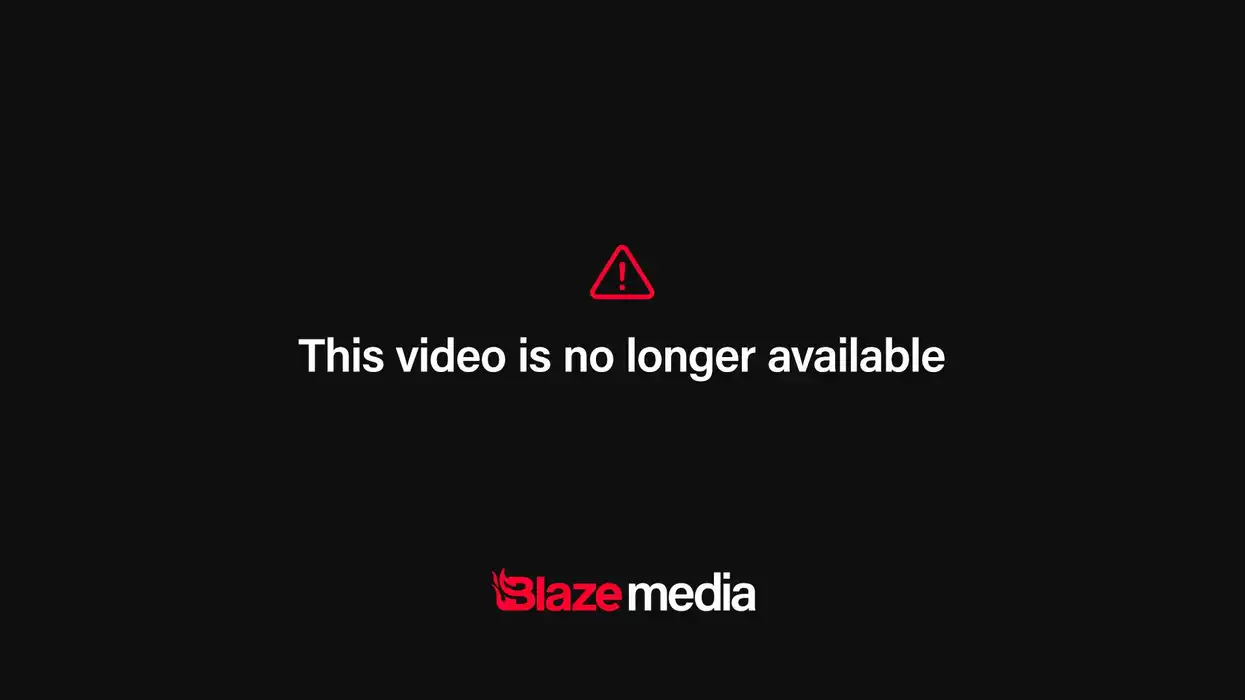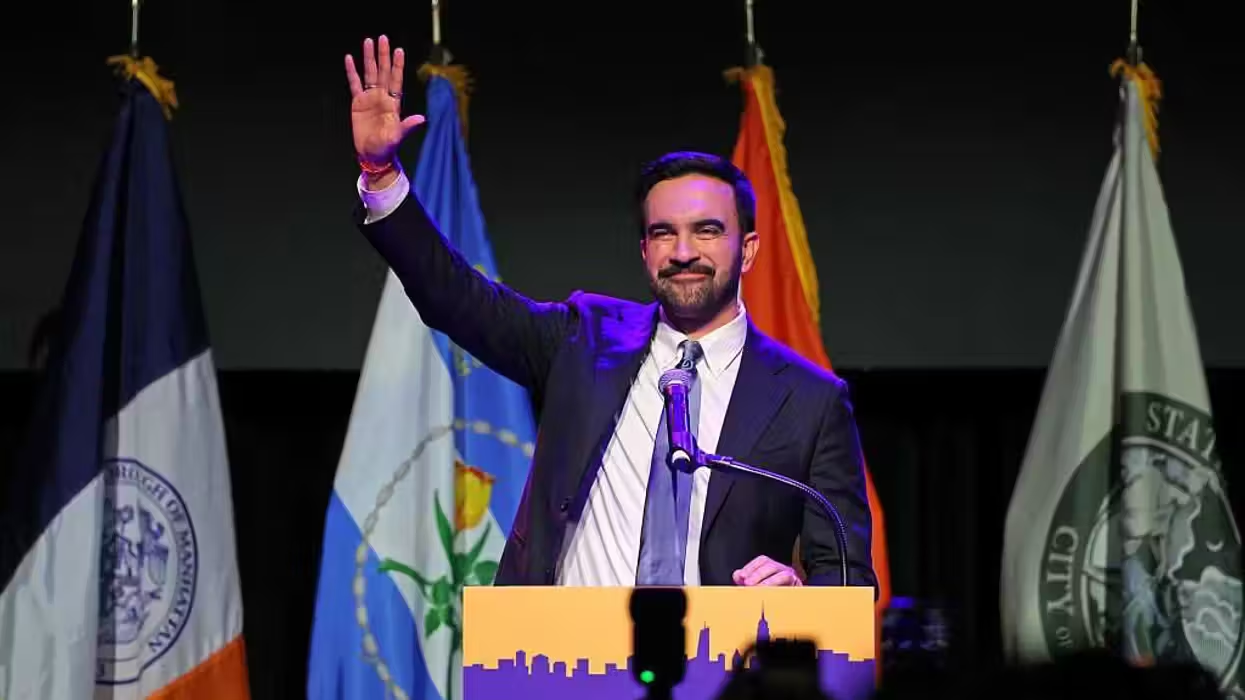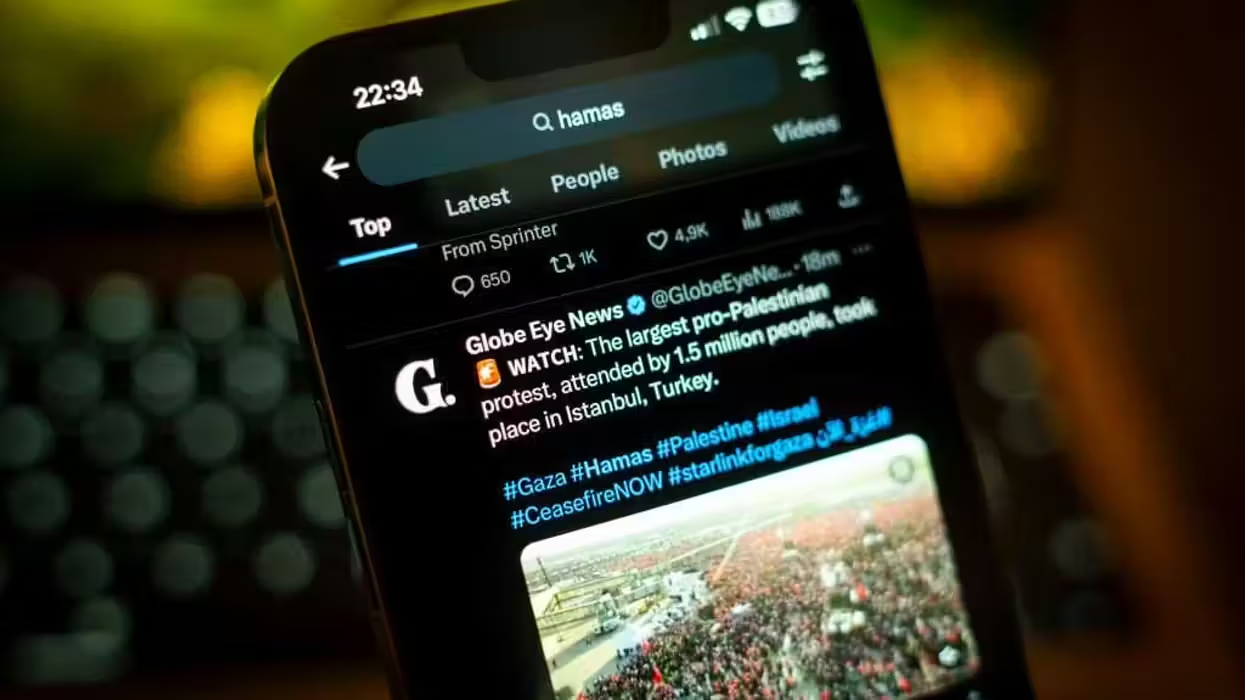
© 2025 Blaze Media LLC. All rights reserved.
Watch: Study shows that people use ‘desirability bias’ to filter what news they believe
January 16, 2018
What’s going on?
Breaking: People don’t like news that contradicts what they believe.
But here’s the bigger problem: People are not only more likely to dismiss news that contradicts their beliefs, but also prone to using news that supports their political or ideological leanings as evidence. This double standard played out in a University of London study following the 2016 election.
Show me the bias …
Researchers surveyed 900 Americans and found that Donald Trump and Hillary Clinton supporters were both likely to change their prediction of the election based on what national polling they were shown. If the poll fit with the result the participants wanted, they were more likely to base their answer on that poll.
“The main result was clear: Both Trump and Clinton voters were far more likely to change their beliefs when the new information fit with their desires. They found the polls credible, and a reason to change their views, only if they suggested that their preferred candidate would win.”
Glenn’s take:
Unfortunately, people too often aren’t driven by facts – they’re influenced by the biases that they bring in to any conversation.
“The lesson for politics is really clear,” Glenn said. “If you want to persuade people, you have to get them to want to agree with you.”
To see more from Glenn, visit his channel on TheBlaze and listen live to “The Glenn Beck Radio Program” with Glenn Beck and Stu Burguiere weekdays 9 a.m. – 12 p.m. ET on TheBlaze Radio Network.
Want to leave a tip?
We answer to you. Help keep our content free of advertisers and big tech censorship by leaving a tip today.
Want to join the conversation?
Already a subscriber?
News, opinion, and entertainment for people who love the American way of life.
BlazeTV
BlazeTV Staff
News, opinion, and entertainment for people who love the American way of life.
@BlazeTV →more stories
Sign up for the Blaze newsletter
By signing up, you agree to our Privacy Policy and Terms of Use, and agree to receive content that may sometimes include advertisements. You may opt out at any time.
Related Content
© 2025 Blaze Media LLC. All rights reserved.
Get the stories that matter most delivered directly to your inbox.
By signing up, you agree to our Privacy Policy and Terms of Use, and agree to receive content that may sometimes include advertisements. You may opt out at any time.






